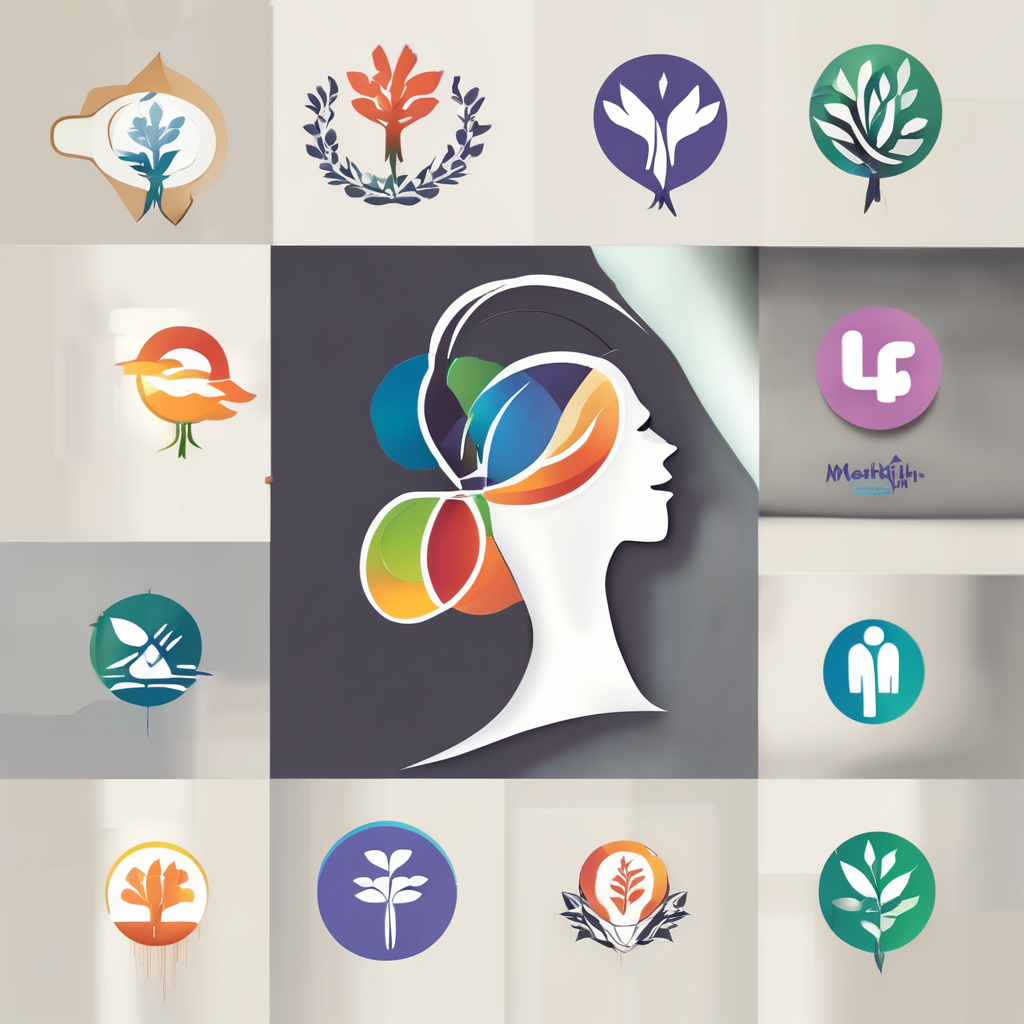Anxiety affects millions, yet managing it effectively often feels out of reach. Practical techniques—rooted in evidence and expert guidance—can ease daily stress and improve well-being. From mindfulness exercises to cognitive strategies, mastering anxiety means finding personalized tools that fit your life, empowering you to regain control and face challenges with confidence.
Foundational facts and immediate steps for understanding and managing anxiety
Feeling anxious is a normal response to life’s challenges, but anxiety can sometimes become overwhelming and affect many aspects of daily life. Symptoms of anxiety span the physical, like a racing heartbeat or dizziness, as well as the mental and behavioral, including excessive worry, restlessness, difficulty focusing, or avoiding specific situations. This emotional state often arises from a mix of biological predispositions, personal history, and unpredictable life stresses. If you wonder what triggers your distress, consider tracking your emotional responses in a diary or using practical worksheets; more guidance is detailed on the page: Access the full article here.
Also to read : Essential techniques for tinnitus relief: mastering effective management strategies
Identifying personal anxiety triggers—whether stressful events, environmental changes, or unique internal thoughts—is essential. Once recognized, coping becomes more manageable through techniques such as deep breathing, gentle movement, or grounding exercises. For moments requiring relief, try mindfulness, progressive relaxation, or short “worry time” sessions. Knowing when to seek professional help matters: severe symptoms like persistent shortness of breath, inability to cope, or disruptive panic attacks warrant medical attention. Personalized anxiety checklists and resources can provide daily support for self-management.
Practical strategies and evidence-based techniques for anxiety management
Applying practical anxiety management steps helps interrupt anxious cycles and restores calm. If experiencing overwhelming anxiety, immediately try focused breathing exercises for stress: slowly inhale through your nose and exhale through your mouth, repeating until your body starts to relax. This direct method supports rapid stress reduction and is recommended as a first line of defense.
Also read : Green hygiene: effective strategies to reduce plastic use in your daily routine
For longer-term control, daily routines using mindfulness for anxiety relief anchor you in the present moment. Mindfulness, paired with progressive muscle relaxation, gradually reduces muscle tension and mental agitation, enhancing your resilience against anxiety spikes. These approaches can be integrated into morning rituals or brief mental breaks during the day.
Effective coping mechanisms also include journaling to track anxious thoughts and triggers. Documenting patterns uncovers situations that aggravate anxiety and enables more targeted interventions. These cognitive behavioral techniques may involve scheduling “worry time,” where concerns are only addressed during a pre-set period, preventing ruminating thoughts from dominating your day.
Blending these practical anxiety management steps with structured approaches, like gradual exposure to fears, reduces avoidance and builds confidence. Regular practice increases your ability to employ these effective coping mechanisms during high-stress moments.
Resources, support systems, and personalized tools for sustained anxiety relief
Helplines, NHS and Mind services, and when to pursue professional counseling
Immediate anxiety support and training programs are accessible through helplines like Samaritans and NHS urgent care. Guidelines advise seeking professional anxiety counseling if daily life is overwhelmed or coping independently is no longer possible. For those with persistent symptoms or distress, NHS talking therapies—including Cognitive Behavioral Therapy—can be self-referred or accessed through a GP. Mind charity provides both in-person and online accessible anxiety management resources, covering a range of support from legal guidance to emotional wellness services.
Personalizing your approach: worksheets, checklists, and digital app recommendations
Customizable tools such as guided anxiety management worksheets and digital checklists allow individuals to create tailored anxiety management plans. Many benefit from using the best anxiety management apps, which feature techniques like mindfulness, breathing exercises for stress, and journal prompts for anxiety tracking. These guided anxiety management worksheets and apps are designed for self-paced progress, making anxiety and stress relief strategies part of your daily routine.
Community, peer, and family support: utilizing local and online resources
Community resources—including group workshops, online forums, and social support—play a central role in anxiety management education. Peer groups, local initiatives, and family networks offer practical anxiety management steps, reduce isolation, and provide emotional resilience. For sustained progress, integrating anxiety management book recommendations and leveraging support networks strengthens long-term anxiety control.




